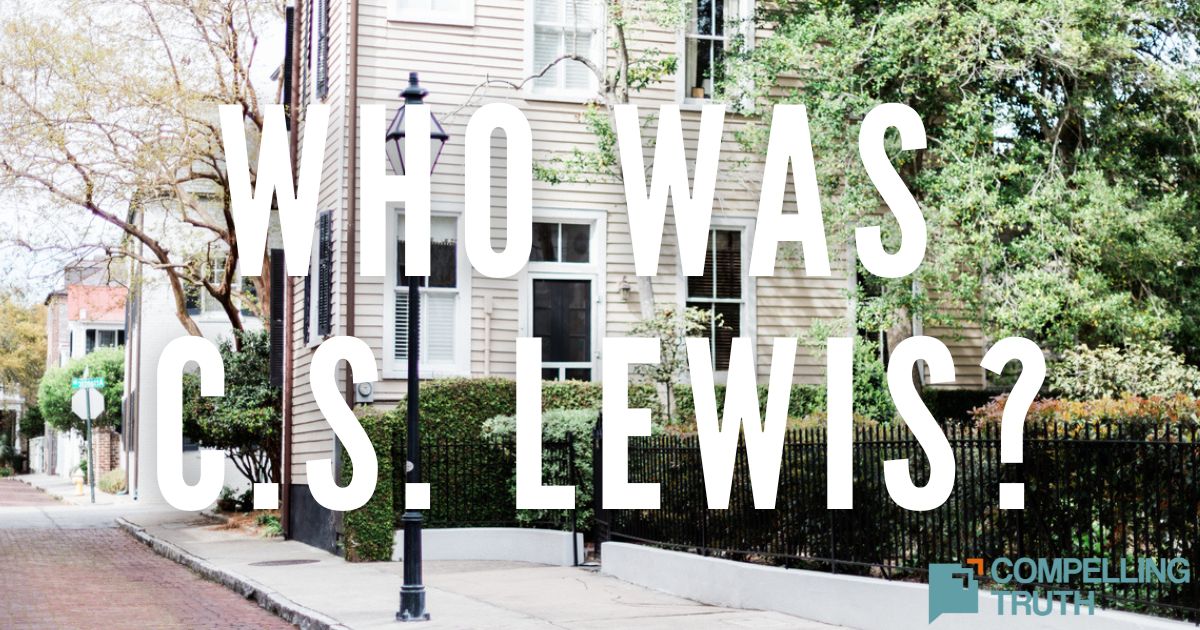Charles Haddon Spurgeon was a nineteenth-century Baptist preacher known as the “Prince of Preachers.” He came to faith at age fifteen after hearing Isaiah 45:22 and went on to preach over 3,600 sermons and baptize fifteen thousand people. He used his personal wealth to build the Metropolitan Tabernacle and support ministries for the poor, widows, and orphans. Spurgeon’s life reflected his devotion to Christ, Scripture, and gospel-centered service, even through suffering. His legacy challenges believers today to boldly proclaim truth, live generously, and remain rooted in God’s Word.
Charles Haddon Spurgeon (1834—1892) was a Calvinistic Baptist minister in England during the Victorian Era. He was born to John and Eliza Spurgeon in Kelvedon, Essex as the first of seventeen children (although only eight survived to adolescence). As a boy, he loved books, and John Bunyan's Pilgrim's Progress was one of his favorites. At fifteen, while out running an errand, Spurgeon was caught in a blizzard and sought shelter in the first building he could find, the Primitive Methodist Chapel in Colchester, England. There he heard a sermon on Isaiah 45:22, which says, "Turn to me and be saved, all the ends of the earth! For I am God, and there is no other." Spurgeon pointed to that sermon and passage of Scripture as the moment he gave his life to the Lord and became a Christian.
Later that year, Charles Spurgeon moved to Cambridge, joined Andrews Street Baptist Church, and began to minister as an itinerant preacher. By October 1851, his preaching style and ability were recognized as above average and he accepted the pastorate at Waterbeach Baptist Church where he later produced his first publication, a gospel tract in 1853. At age nineteen, in April 1854, Spurgeon moved on to become the pastor at New Park Street Chapel in Southwark London, the largest Baptist congregation in London at the time. Within months he was famous, and by twenty-two he was the most popular preacher of his day, earning him the title of "Prince of Preachers."
The congregation at New Park Street Chapel quickly outgrew its building and several subsequent venues. During this time, Spurgeon published his sermons as well as devotionals, hymns, poetry, and commentaries. Using his own money from book sales and speaking fees, Spurgeon personally financed more than one third of the $3.6 million cost of building the Metropolitan Tabernacle in 1861. It was the largest church building of its day with the capacity to host six thousand people at once. Spurgeon never took a salary from his new megachurch, instead accepting money only from his publications and speaking events. It is estimated that he delivered about 3,600 sermons, preached to over ten million people, and personally baptized fifteen thousand believers over his lifetime.
Spurgeon was a prolific writer whose works fill forty-nine volumes of sermons, commentaries, sayings, anecdotes, illustrations, and devotionals. His sermons have been translated into nearly forty languages and continue to be used in curricula at seminaries today. Using his "full, sweet, musical" voice and a plainness of speech while maintaining an eloquence, Spurgeon brought conviction to the hearts of the hearers without ever offering an altar call but offering instead a meeting at his office door every Monday morning for anyone interested in giving his life to the Lord. He carried on the rich theology of Calvin, Bunyan, Edwards, and Wesley and was even called "the Modern Whitfield" in his day. Spurgeon strove to preach only Jesus Christ and Him crucified.
Spurgeon ministered in London for thirty-eight years, founding sixty-six parachurch ministries including a ministry to prostitutes, one for policemen, two orphanages, seventeen homes for widows, and a free seminary (now Spurgeon's College) to help ministers sharpen their skill. It is estimated that his net worth upon his death was about $50 million, but he died with only $250,000 in his bank account because he used his own resources to support these ministries.
Spurgeon was outspoken in his opposition to slavery and in his concern over the theological decay of Britain. In 1887, he called for the Baptist Union to draft a statement of faith affirming the inerrancy of Scripture and the bodily resurrection of Jesus. When the Union refused, Spurgeon withdrew his membership in what became known as the "Downgrade Controversy."
He had married Susanna Thompson in 1856 and the two had twin sons in 1857. Unfortunately, neither Charles nor his wife enjoyed robust health. Spurgeon struggled with depression, arthritis, and gout. He and his wife would often recuperate in Menton, France. It is there where Charles Haddon Spurgeon died on January 31, 1892.
Spurgeon left a rich legacy for his short years. Aside from the aforementioned sermons, publications, and parachurch ministries, Spurgeon had been friends with James Hudson Taylor, who founded China Inland Missions. Spurgeon personally recruited missionaries to Taylor's cause. David Livingstone enjoyed Spurgeon's sermons and carried a copy of one with him throughout his travels in Africa. Spurgeon's devotional Morning and Evening as well as his exposition on the Psalms, The Treasury of David, remain his most popular works today. Spurgeon's passionate evangelism, theological integrity, and generous spirit are inspiration for all Christ followers, showing us what it looks like to be wholly devoted to Christ—using our voice, our gifts, and our resources to serve others and proclaim truth. His legacy urges us to be bold with truth, generous in love, and unwavering in our mission to make Jesus known.
Quotes by Charles Haddon Spurgeon:
"A Bible that’s falling apart usually belongs to someone who isn’t."
"Anxiety does not empty tomorrow of its sorrows, but only empties today of its strength."
"No one ever outgrows Scripture; the book widens and deepens with our years."
“I have a great need for Christ: I have a great Christ for my need.”
“The day we find the perfect church, it becomes imperfect the moment we join it.”




